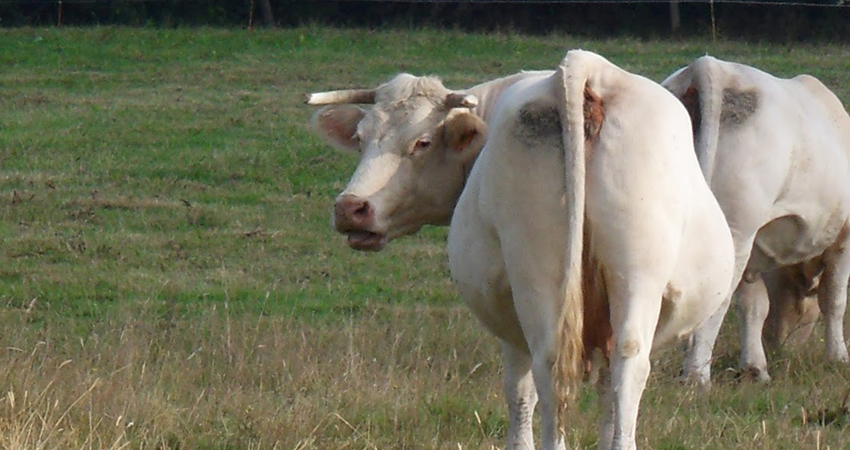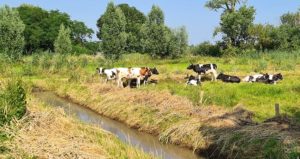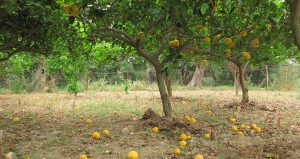Nitrates problem in water needs a rethink

-
 Fergal MacErlean
Fergal MacErlean
Share article:
It is necessary to rethink the nitrates strategy. An EU-commissioned study has called for a revision of the Common Agricultural Policy to reduce nutrient emissions in water. The study ‘Monitoring of nitrogen in water in the EU: Legal framework, effects of nitrate, design principles, effectiveness and future developments‘ was commissioned by the European Parliament Committee on Petitions (PETI) and published in 2022.
Cross-sectoral strategy necessary
The study focuses on nutrient emissions by agriculture and explores the development of nitrate concentrations in the EU in view of the European Green Deal. Regarding the legal framework, it points out that while the EU has developed an extensive regulatory and policy framework to protect the environment from agricultural pressures, countries face significant challenges to meet the nutrient objectives set. One reason for this is because national implementation often takes place sectorally, within policy domains such as the water domain or the agricultural domain. As a result, multiple cross-sectoral objectives need to be realised simultaneously at the regional to local level.
More advanced approach needed
The PETI report suggests that implementation would benefit from more advanced cross-referencing such as that provided in the recent revision of the Drinking Water Directive which includes objectives for the protection of drinking water resources that are linked to the objectives of the Water Framework Directive (WFD). The WFD aims to bring the vast majority of EU rivers, lakes, streams, wetlands, groundwater, transitional and coastal waters back to good health by 2027.
Focus on health and environment
The primary focus of the PETI study is on the Nitrates Directive, but placed in the wider context of water legislation such as the WFD. The Nitrates Directive includes both health-based objectives related to resources for drinking water (both groundwater and surface water). A Danish study showed before low concentrations of nitrate in drinking water can increase the risk of colorectal cancer. Nitrates and ecologically based objectives related to eutrophication of surface waters. In 2021 the European Commission announced they want stricter measures to enforce the Nitrates Directive.
Big differences between Member States
The monitoring study notes that there are significant differences between EU Member States in the density of groundwater and surface water monitoring stations as well as in the frequency by which these stations are sampled. The PETI study’s policy recommendations include a ‘coordinated formulation of the monitoring goals, using a selection of national monitoring stations with the help of national experts’.
Livestock biggest problem
The study’s policy recommendation on reducing nitrate emissions presents striking challenges to the agricultural sector particularly livestock production which is responsible for 81% of the agricultural nitrogen input to aquatic systems. It highlights how recent studies show the need to reduce emissions by approximately 50% before the end of the decade to comply with the objectives of the Nitrates Directive.
Prioritise water quality
The PETI policy recommendation states: “In view of current policy initiatives such as the European Green Deal and From Farm to Fork, the EU, its Member States, and partnering states should incorporate the impact on water quality in assessments and policy choices at all levels. The ambitions also require the willingness of the EU and Member States to make explicit choices on how to balance environmental protection, food supply and economic welfare. EU support for both research and innovation and sustainable practices is indispensable for this. Further revision of the Common Agricultural Policy is necessary to support the objectives set by these initiatives.”

















